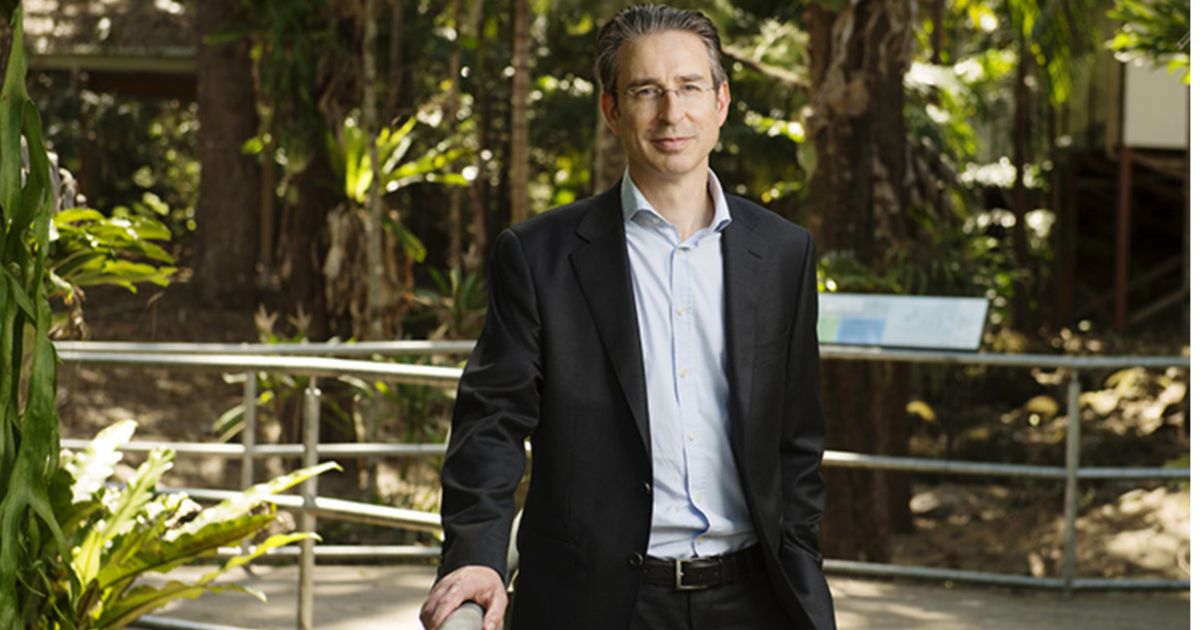Erosion threatens turtle nesting season on Ballina beaches
NSW TurtleWatch volunteers are calling on the community to assist as nesting season is threatened by ongoing erosion issues on Ballina beaches.
The group relies on reports from its citizen science nesting program.
Nests are laid on low ground due to erosion, with several of them moved to higher ground to avoid being washed away.
NSW TurtleWatch project officer Merryn Dunleavy said relocations can only be performed by the NSW National Parks and Wildlife Service and permit holders.
Members of the public can report egg sightings through a 24-hour help line and by using the CoastSnap app.
“We have had some beaches monitored in the Ballina Shire but we need more coverage in the area,” Ms Dunleavy said.
“We have also had nesting attempts with false crawls and successful nests in the region.”
Green and loggerhead sea turtle eggs have been sighted at beaches across the Far North Coast since nesting season started in November.
“Both species are listed as threatened and are heavily impacted from climate change, so it is important that we do everything we can to protect each and every nest,” Ms Dunleavy said.

“It’s estimated that only one out of 1000 turtle hatchlings will reach maturity; every single nest and hatchling that is protected will make an impact on the survival of these species.
“Elevated sea levels, king tides, flooding and heavy rainfall cause coastal erosion and result in marine turtles laying their eggs in low-lying positions on the beach.
“These eggs are then at a high risk of becoming inundated by seawater.”
Reporting turtle tracks can help with other potential threats such as marine debris.
Turtles nest at night and leave tracks that are usually 80 to 100 centimetres wide, which can sometimes be mistaken for tyre tracks.
“Getting involved in beach monitoring is a great way to ensure we have more coverage out on our coastlines and more of a chance of spotting these nests before it’s too late,” Ms Dunleavy said.
Anyone who spots a nest can call 0447 877 149 to report it.



















